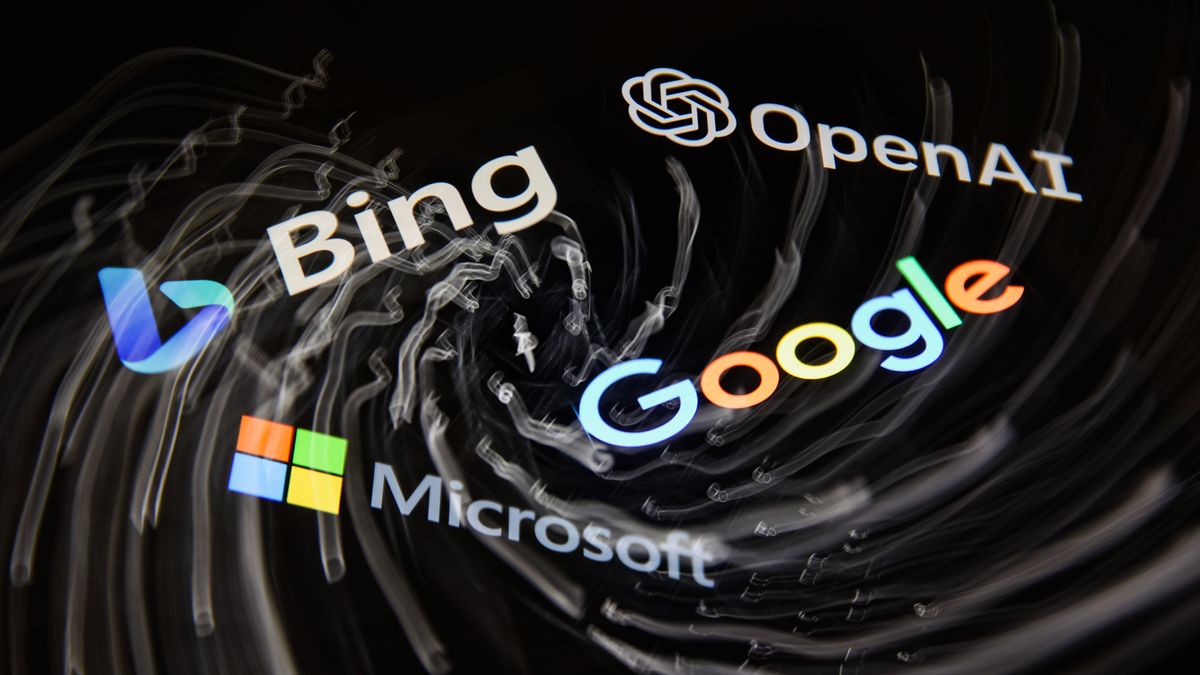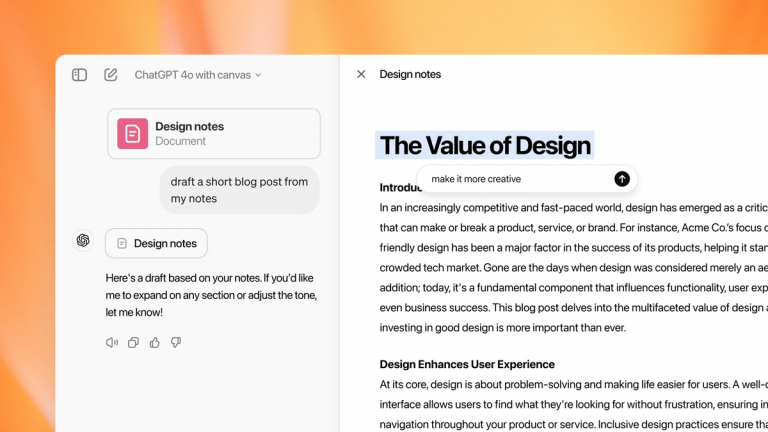Is OpenAI SearchGPT a Threat to Google? The Reality Behind Its Capabilities

When OpenAI SearchGPT, we thought we were witnessing a revolution in online search. The demos showed us a world where our queries would be answered in a flash, with facts and figures straight from the web. But, let’s just say the first few examples didn’t quite live up to the hype. The challenges to Google’s search engine throne are still being worked out.
According to a recent piece in The Washington Post, SearchGPT is still struggling with the facts. Google might not have to worry about losing its crown anytime soon, even as it’s racing to implement its own AI search tools.
The issues are pretty straightforward. SearchGPT is supposed to combine OpenAI’s AI models with real-time web data to deliver faster, more accurate answers. It’s meant to provide a summary of the requested information instead of just a bunch of links. And it can be fast and informative. But, unfortunately, that initial error of fact is starting to look more like the rule than the exception.
For instance, early testers saw SearchGPT claim that OpenAI CEO Sam Altman was speaking at a tech conference in the near future when, in reality, he wasn’t even scheduled to attend. That’s a pretty wild hallucination, just like anything made up by ChatGPT.
Even if SearchGPT were guaranteed to only state the truth, that’s not exactly a silver bullet. The bigger issue is that it often can’t even answer our questions. Tests shared with The Post highlighted SearchGPT’s struggles with local information. It’s like trying to find a needle in a haystack – it just doesn’t have the data to deliver what we need.
Google, on the other hand, has spent decades refining its data on businesses and products. It’s got an army of partners and subsidiaries that can fill in the gaps. SearchGPT and OpenAI just don’t have that kind of infrastructure, so their responses are often nonsense or nothing.
The idea of mixing AI and search isn’t exclusive to OpenAI, of course. Google’s got its own AI Overviews and answers relayed by its Gemini AI assistant. And, let’s be real, Google’s AI search tools have faced their own struggles, with occasionally bizarre and downright dangerous advice. But, hey, it didn’t stop Google from going global with AI Overviews after a few revisions.
OpenAI is still being cautious and has only released SearchGPT to a limited number of users. But, there are other options from well-funded startups trying out different strategies. Perplexity AI, for example, leverages existing models built by OpenAI, Anthropic, and others. It’s got stricter guardrails and insists on including links to back up what the AI writes – an innovation it was quick to adopt. Perplexity built its own web index and uses Google and Bing to fill in the gaps. The result is a more structured approach that dodges some of the mistakes plaguing SearchGPT.
Google’s long-time approach to search doesn’t look like it’s going to face any formidable opponents anytime soon, even from itself. Whoever’s making an AI search engine will need to at least come close to Google’s speed, precision, and accuracy to win over the Google-loving world. And, considering the years and billions of dollars it took Google to reach its current heights, OpenAI might need to be a little more patient or a lot more profligate in spending to do the same.
The stumbling blocks for SearchGPT highlight the broader challenges that generative AI tools face when trying to compete with established search engines. While AI tools like ChatGPT and SearchGPT can offer impressive conversational abilities, they lack the deep, structured, and real-time data needed to tackle everyday search queries at scale. SearchGPT might be on the right trail, but finding the ideal AI search engine will take some more searching.






